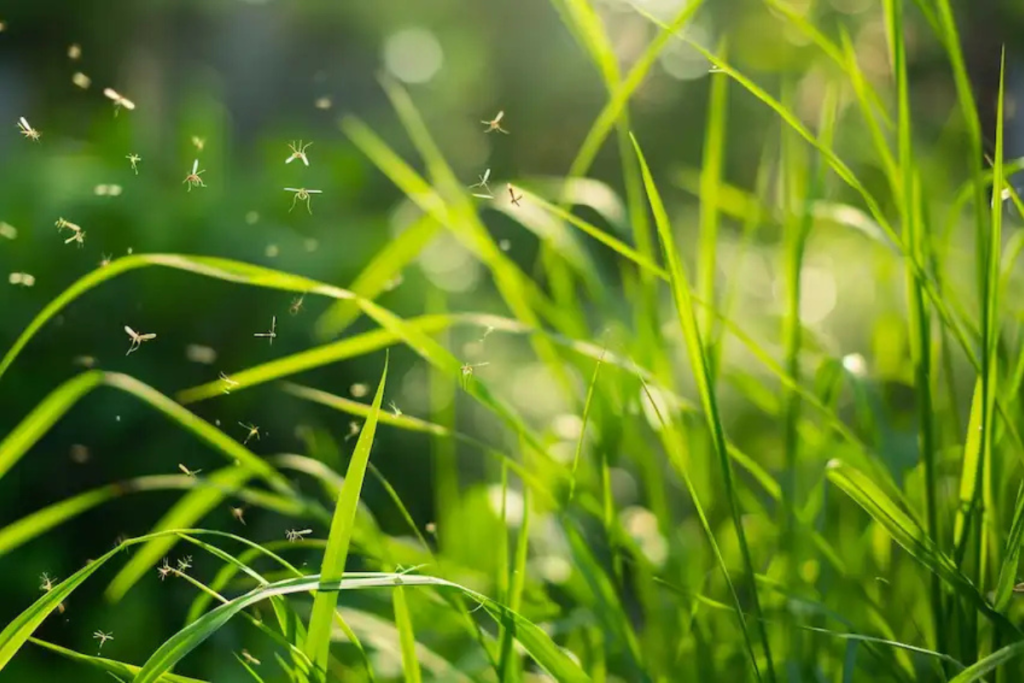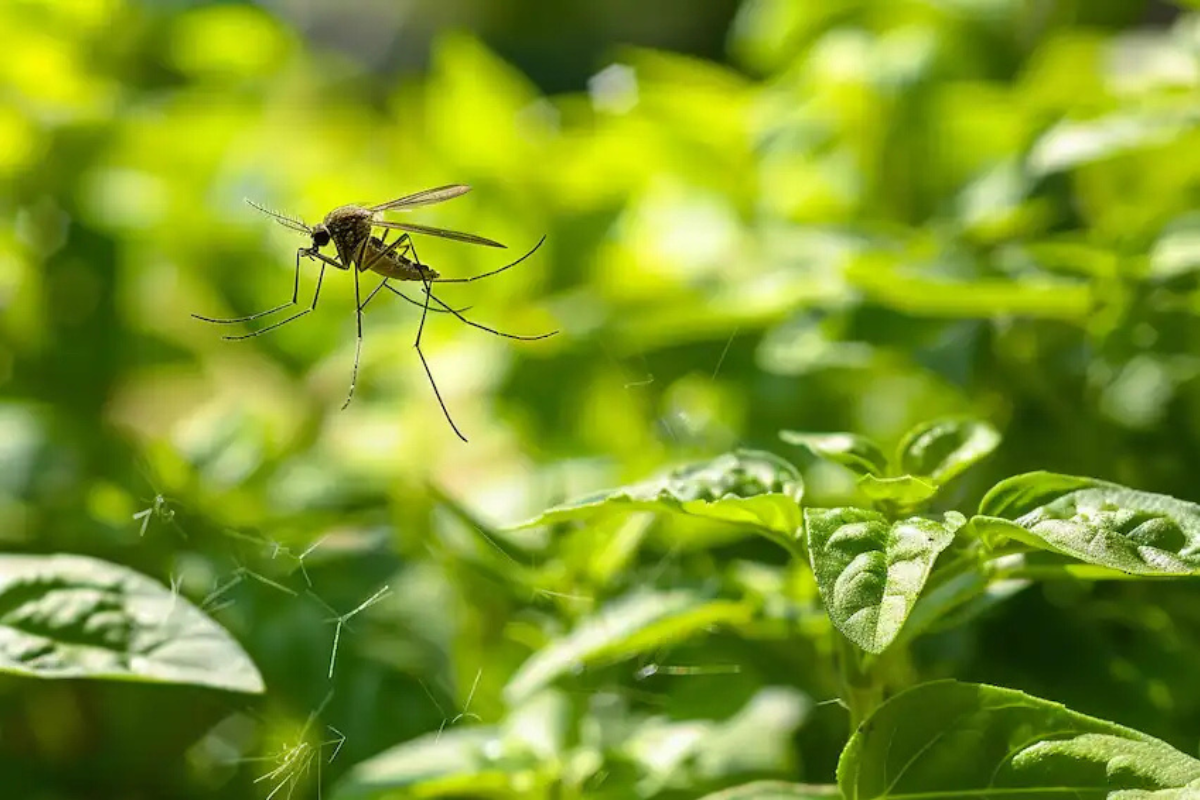Gardening is a delightful hobby, but unwanted insects can quickly disrupt your outdoor haven. Instead of resorting to harsh chemicals, you can harness nature’s power to keep pests at bay. Certain plants contain natural compounds that repel insects while adding beauty and diversity to your garden. Here’s a guide to 11 plants that act as natural insect repellents and the specific pests they deter.
1. Basil (Ocimum basilicum)
Repels: Mosquitoes, house flies
The delightful fragrance of basil, loved by gardeners, is a potent deterrent for mosquitoes and house flies.
How to Use It:

- Plant basil in pots near doorways, windows, or outdoor seating areas.
- Pair it with tomato plants in your garden to repel pests while enhancing soil health.
2. Lavender (Lavandula)
Repels: Moths, fleas, flies, mosquitoes
While lavender’s calming scent is a favorite for humans, it’s highly unpleasant to many insects.
How to Use It:
- Grow lavender in garden beds or pots around patios.
- Dry its flowers to protect clothes and linens in wardrobes.
3. Lemongrass (Cymbopogon)
Repels: Mosquitoes
Lemongrass is a rich source of citronella, a natural oil commonly found in mosquito repellents.
How to Use It:
- Plant lemongrass in large pots and place them around outdoor seating areas to create a mosquito-free zone.
4. Marigolds (Tagetes)
Repels: Mosquitoes, aphids, rabbits
The pungent aroma of marigolds keeps mosquitoes, aphids, and even rabbits away, making them a versatile pest repellent.
How to Use It:
- Plant marigolds along garden borders or near vegetable beds for dual benefits of beauty and pest protection.
5. Mint (Mentha)
Repels: Mosquitoes, ants, mice
Mint’s strong aroma drives away mosquitoes, ants, and even rodents. However, it can spread aggressively.
How to Control It:
- Grow mint in pots to prevent it from taking over your garden.
- Place potted mint near outdoor areas prone to pests.
6. Catnip (Nepeta cataria)
Repels: Mosquitoes, ants, cockroaches
Studies reveal catnip is more effective than DEET in repelling mosquitoes. While its insect-repelling properties are impressive, it may attract cats!
How to Use It:
- Plant catnip in pots or garden corners to avoid its spread.
- Crush leaves to release their insect-repelling oils.
7. Chrysanthemums (Chrysanthemum)
Repels: Roaches, ants, Japanese beetles, ticks, silverfish
The compound pyrethrin, found in chrysanthemums, is widely used in commercial insecticides.
How to Use It:
- Grow chrysanthemums in garden beds or pots.
- Dry flowers for use in homemade insect repellents.
8. Garlic (Allium sativum)
Repels: Aphids, mosquitoes, cabbage moths
Garlic is a powerhouse plant for pest control, protecting vegetables and flowers alike.
How to Use It:
- Plant garlic around the perimeter of your garden as a natural barrier.
- Add it to companion planting schemes to protect crops.
9. Rosemary (Rosmarinus officinalis)
Repels: Mosquitoes, carrot flies, cabbage moths
Rosemary’s woody, aromatic scent deters common garden pests while attracting pollinators like butterflies.
How to Use It:
- Grow rosemary in containers for portability.
- Place pots near outdoor dining areas for added pest protection.
10. Petunias (Petunia)
Repels: Aphids, tomato hornworms, asparagus beetles
Often referred to as “nature’s pesticide,” petunias protect vegetable gardens from harmful pests.
How to Use It:
- Plant petunias in sunny spots around vegetable gardens or in hanging baskets for pest control and aesthetic appeal.
11. Citronella Grass (Cymbopogon nardus)
Repels: Mosquitoes
The natural oil from citronella grass is a key ingredient in many mosquito repellents.
How to Use It:
- Grow citronella grass in large planters for easy placement around your patio or deck.
- Use clippings in DIY natural repellents for added protection.
Why Add These Plants to Your Garden?
Incorporating these insect-repelling plants into your garden reduces the need for chemical pesticides while enhancing the biodiversity and beauty of your space. Although no plant guarantees 100% protection, these natural options significantly minimize pest invasions, creating a healthier and more enjoyable outdoor environment.
